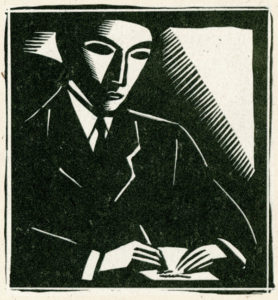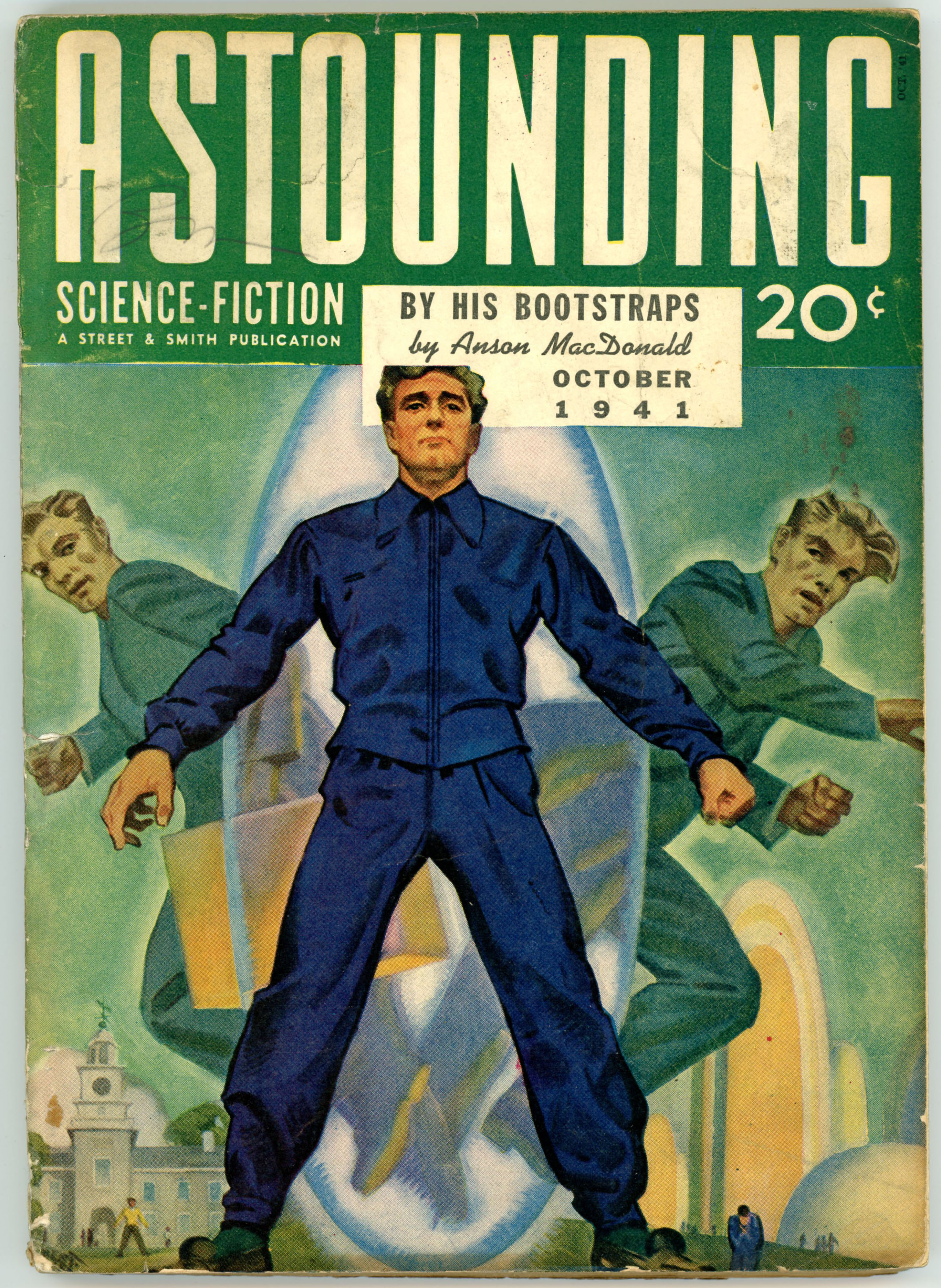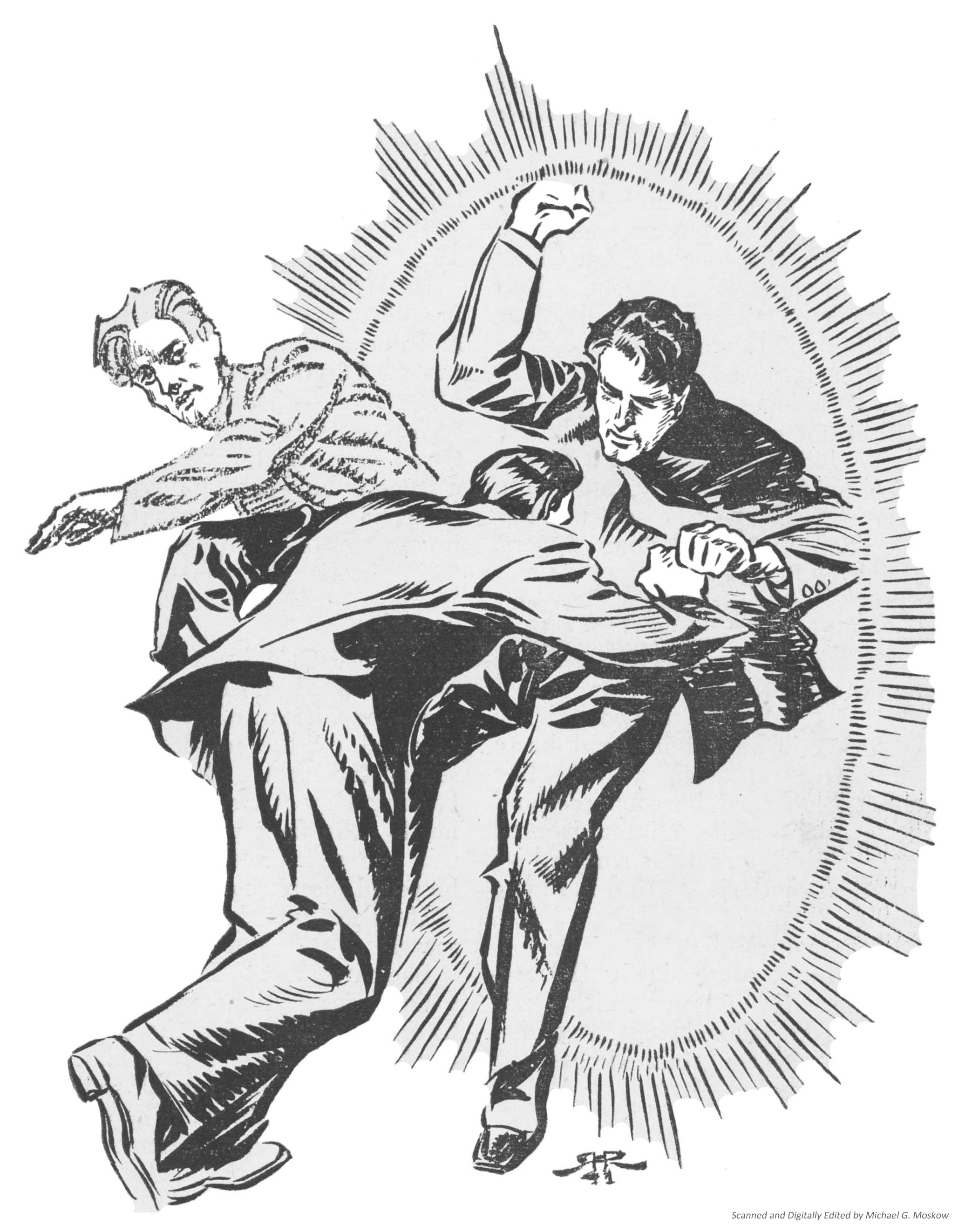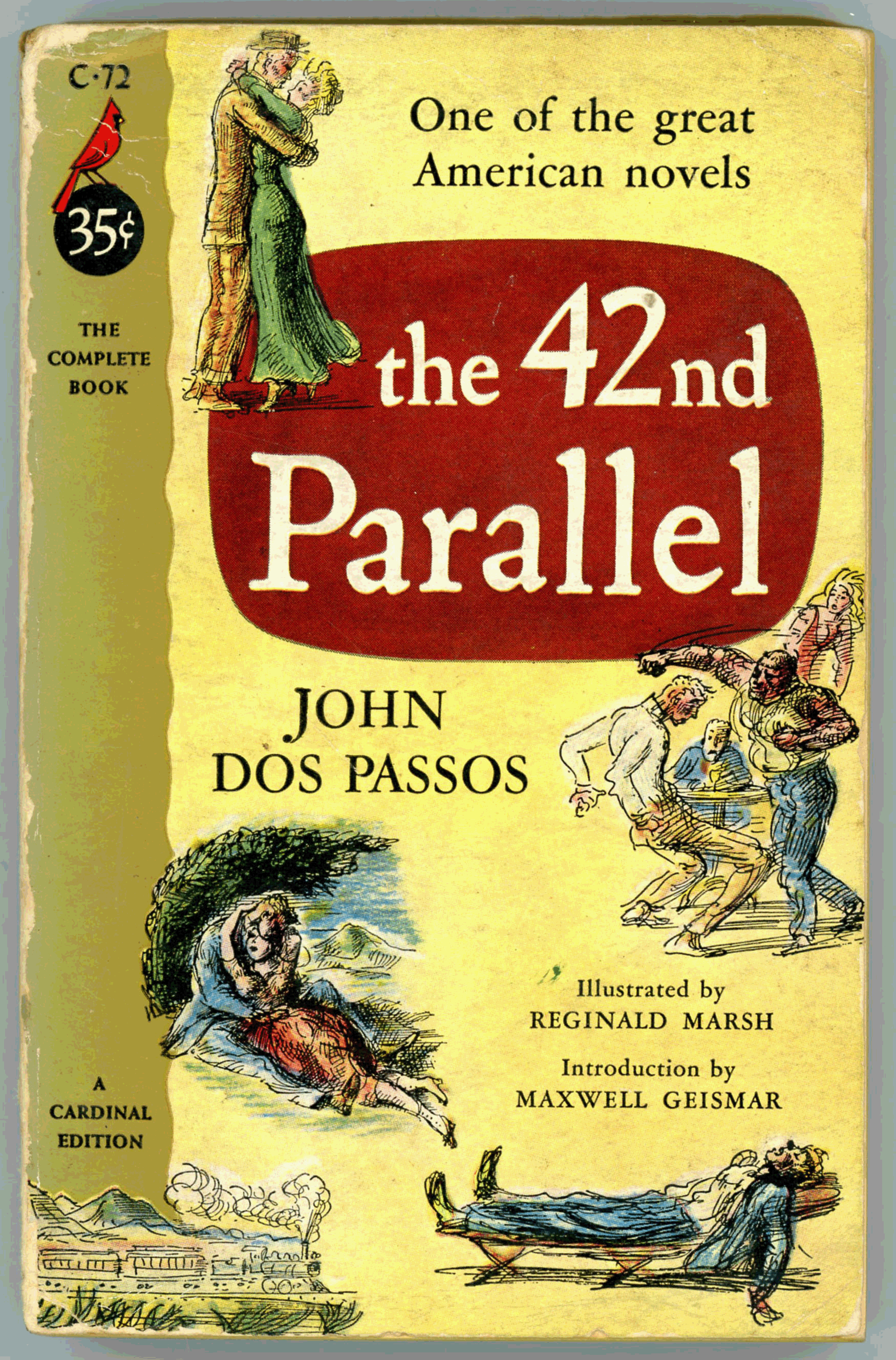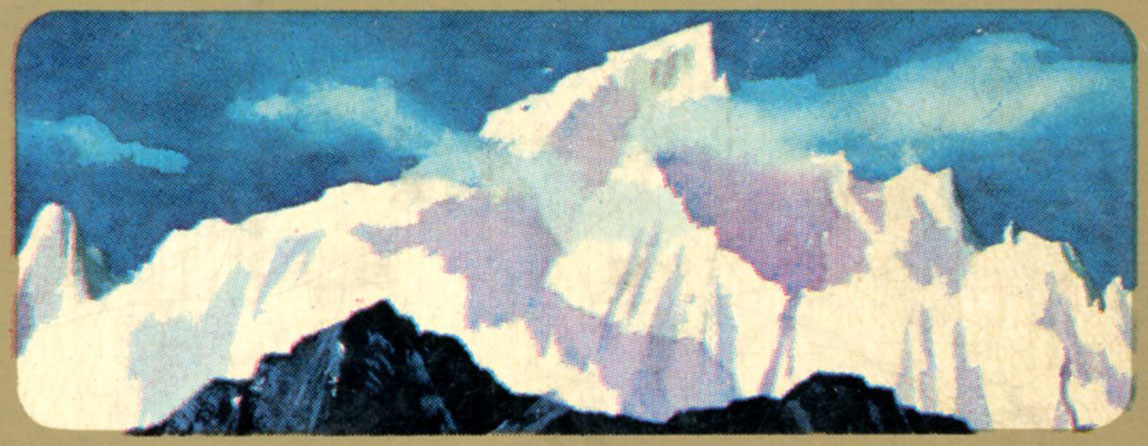 …because you once mentioned in passing that I too might be called to the Torah.
…because you once mentioned in passing that I too might be called to the Torah.
That was something I dreaded for years.
But otherwise I was not fundamentally disturbed in my boredom,
unless it was by the bar mitzvah,
but that demanded no more than some ridiculous memorizing,
in other words,
it led to nothing but some ridiculous passing of an examination… (p. 147)
Marrying,
founding a family,
accepting all the children that come,
supporting them in this insecure world
and perhaps even guiding them a little,
is, I am convinced, the utmost a human being can succeed in doing at all.
That so many seem to succeed in this is no evidence to the contrary;
first of all, there are not many who do succeed,
and second, these not-many usually don’t “do” it,
it merely “happens” to them;
although this is not that utmost,
it is still very great and very honorable
(particularly since “doing” and “happening” cannot be kept clearly distinct).
And finally, it is not a matter of this utmost at all,
anyway, but only of some distant but decent approximation;
it is, after all, not necessary to fly right into the middle of the sun,
but it is necessary to crawl to a clean little spot on Earth
where the sun sometimes shines and one can warm oneself a little. (p. 156)



